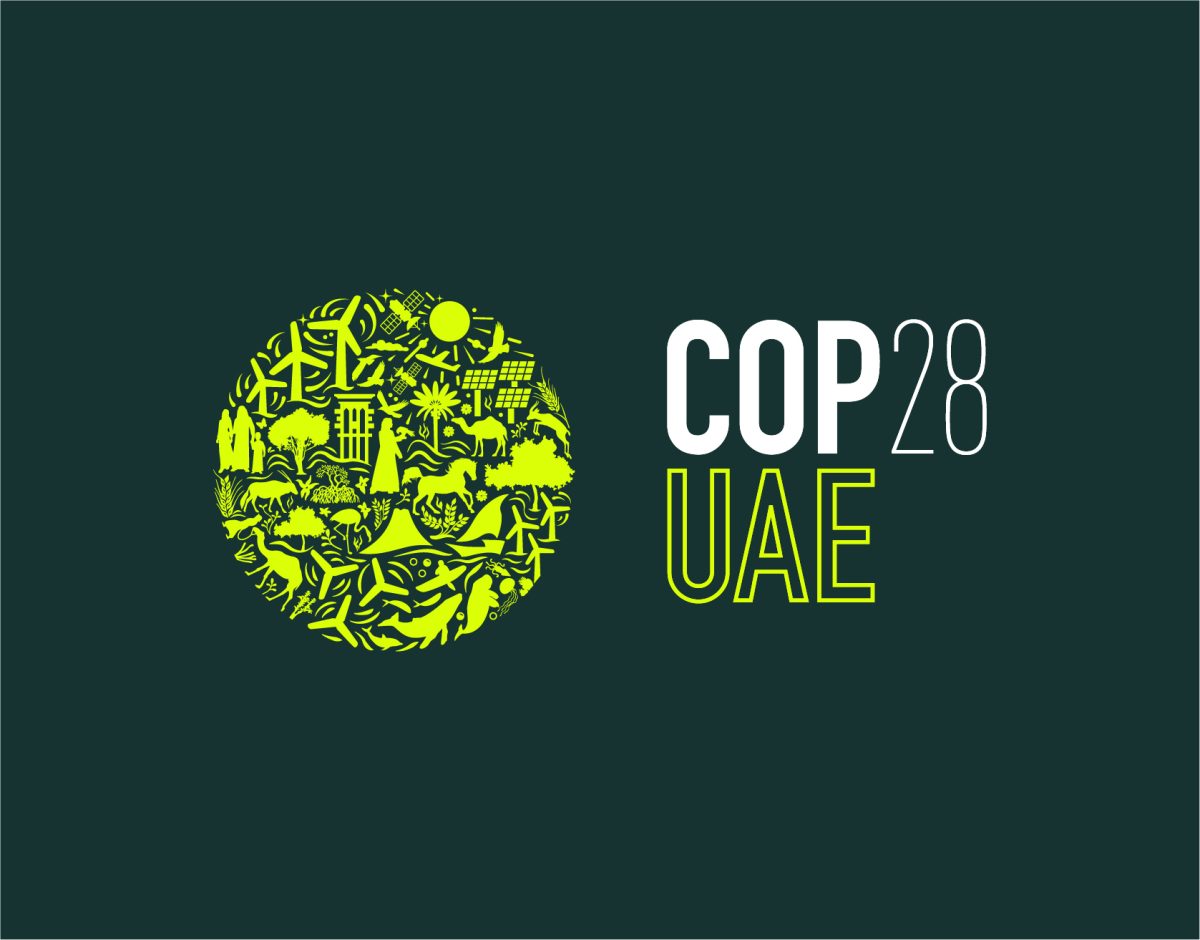
The UAE has announced an ambitious initiative to develop the world’s first ChatGPT-powered platform specifically designed for the agriculture sector. This groundbreaking project aims to revolutionize agricultural practices by leveraging artificial intelligence to enhance food production, optimize resource management, and tackle climate challenges. The announcement was made at the COP28 summit in Dubai, highlighting the nation’s commitment to advancing sustainable agricultural solutions.
During a session focused on food, agriculture, and water at COP28, Mariam bint Mohammed Almheiri, UAE Minister of Climate Change and Environment, underscored the urgency of addressing vulnerabilities in the global food system. Climate-induced challenges, including extreme weather events and dwindling freshwater resources, have exacerbated pressures on agriculture. To counter these issues, the UAE’s AI initiative seeks to equip farmers with intelligent tools for decision-making, ranging from crop selection to pest control and water management.
The ChatGPT platform for agriculture is set to be a key component of the UAE Declaration on Agriculture, Food Systems, and Climate Action, which has already garnered support from over 150 countries. This declaration aims to integrate climate resilience into global food systems, ensuring they remain robust against environmental shocks. As part of this effort, the UAE has also launched a three-year global assistance package designed to support farmers worldwide, focusing on capacity building and technology adoption.
Mobilizing $3.1 billion for agricultural innovation, the UAE has positioned itself as a leader in combining technology with sustainability. These funds will be allocated to initiatives that prioritize smallholder farmers and food producers, particularly those in climate-vulnerable regions. Financial aid and technical support will help these stakeholders transition to modern, eco-friendly farming methods.
The AI-powered agricultural platform is expected to incorporate advanced features such as real-time climate analytics, crop health monitoring, and predictive modeling. By doing so, it aims to minimize risks and maximize yields while reducing environmental impacts. Experts at COP28 emphasized that these innovations could serve as a blueprint for other nations grappling with similar challenges, making agriculture smarter and more efficient globally.




